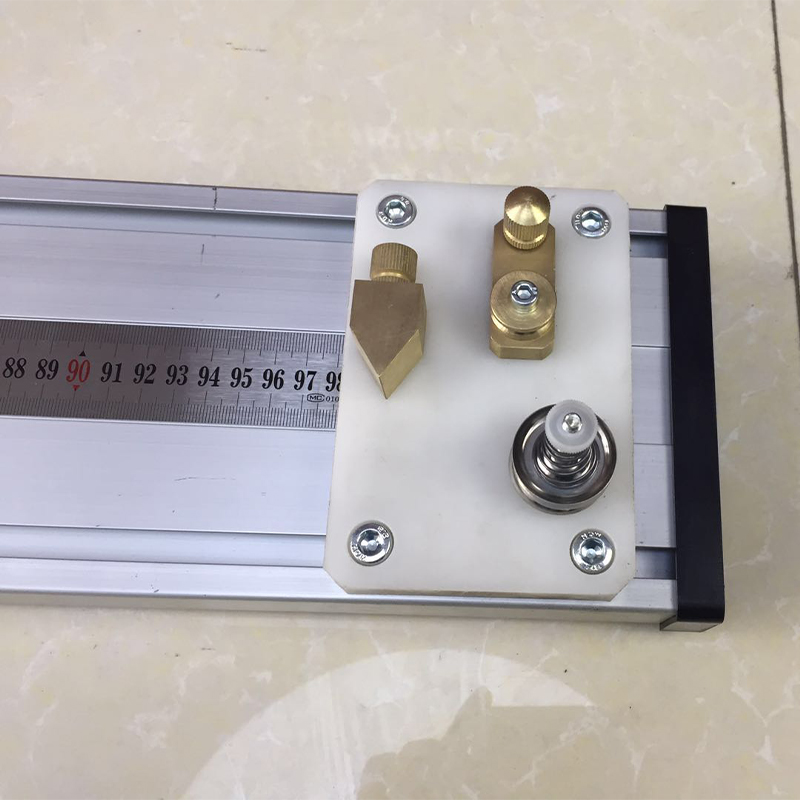electronic tensile testing machine company
The Importance of Electronic Tensile Testing Machines in Material Testing
In the modern world of materials science and engineering, ensuring the quality and integrity of materials is of paramount importance. One of the most effective methods for evaluating the mechanical properties of materials is through tensile testing. Electronic tensile testing machines have revolutionized this process, offering precision, reliability, and efficiency. Companies specializing in the production and design of these machines are playing a critical role in various industries, from aerospace to manufacturing.
What is an Electronic Tensile Testing Machine?
An electronic tensile testing machine is a sophisticated device designed to measure the tensile strength, elongation, and other properties of materials under tension. The machine applies a controlled force to a sample specimen until it deforms or breaks. The precise data collected during this process allows engineers and researchers to evaluate the material's performance and durability under stress. With advancements in technology, modern electronic tensile testing machines come equipped with computer-based control systems and data acquisition software, simplifying the testing process and enhancing the accuracy of results.
Key Features of Electronic Tensile Testing Machines
1. Precision and Consistency Electronic tensile testing machines utilize advanced sensors and measurement systems that ensure high precision in testing. This is crucial for industries where even minor variations in material properties can lead to catastrophic failures.
2. User-Friendly Interfaces Many companies specializing in these machines invest in developing intuitive software interfaces, allowing operators to set up tests quickly and easily. Users can customize testing parameters to suit specific materials and requirements, reducing the potential for human error.
3. Data Analytics Modern electronic tensile testing machines come with integrated data analysis tools that enable users to visualize and interpret test results effectively. The data can be exported for further analysis or included in reports for quality assurance and compliance.
electronic tensile testing machine company

4. Versatility These machines can test various materials, including metals, plastics, composites, and textiles, making them indispensable tools in research and development labs, quality control departments, and manufacturing facilities.
Applications Across Industries
The applications of electronic tensile testing machines span numerous fields. In the automotive industry, they are used to test components' strength and flexibility, ensuring safety and performance. In the aerospace sector, rigorous testing of materials is essential to meet strict regulatory standards for safety and reliability.
Moreover, in the construction industry, tensile testing helps evaluate the performance of concrete, cables, and other materials used in structures. Pharmaceutical and biomedical applications also benefit from these machines to test the tensile properties of polymers and other materials used in medical devices and implants.
The Future of Material Testing
As technology continues to evolve, the future of electronic tensile testing machines looks promising. Companies are increasingly focusing on automation and integration with Industry 4.0 principles, including IoT functionality and advanced machine learning algorithms. These developments are aimed at enhancing the efficiency of testing processes, reducing downtime, and providing more robust data analysis capabilities.
In conclusion, electronic tensile testing machines are vital to ensuring material quality and safety across various industries. Their precision, versatility, and advanced features make them essential tools for engineers and researchers. Companies that specialize in manufacturing these machines contribute significantly to the advancement of material science, helping industries produce safer and more reliable products. As we move forward, continued innovation and development in this field will undoubtedly lead to even more sophisticated testing solutions that enhance our understanding of material properties and their applications in the real world.
-
Why the Conductor Resistance Constant Temperature Measurement Machine Redefines Precision
NewsJun.20,2025
-
Reliable Testing Starts Here: Why the High Insulation Resistance Measuring Instrument Is a Must-Have
NewsJun.20,2025
-
Flexible Cable Flexing Test Equipment: The Precision Standard for Cable Durability and Performance Testing
NewsJun.20,2025
-
Digital Measurement Projector: Precision Visualization for Modern Manufacturing
NewsJun.20,2025
-
Computer Control Electronic Tensile Tester: Precision and Power for the Modern Metal Industry
NewsJun.20,2025
-
Cable Spark Tester: Your Ultimate Insulation Assurance for Wire and Cable Testing
NewsJun.20,2025
 Copyright © 2025 Hebei Fangyuan Instrument & Equipment Co.,Ltd. All Rights Reserved. Sitemap | Privacy Policy
Copyright © 2025 Hebei Fangyuan Instrument & Equipment Co.,Ltd. All Rights Reserved. Sitemap | Privacy Policy
